This article was medically reviewed by Erik Kramer, DO, MPH. Dr. Erik Kramer is a Board-Certified Primary Care Physician at the University of Colorado. With over 15 years of experience, his clinical interests include obesity and weight management, diabetes care, and preventive care, as well as embracing a holistic approach to primary care. He received his Doctorate in Osteopathic Medicine (D.O.) from the Touro University Nevada College of Osteopathic Medicine and completed his residency at Central Maine Medical Center. Dr. Kramer is a Diplomate of the American Board of Obesity Medicine.
There are 10 references cited in this article, which can be found at the bottom of the page.
This article has been viewed 919,966 times.
If you experience redness, swelling, nausea, or a headache after you drink, the problem may not be as simple as a hangover. You might have an allergy or intolerance to alcohol—or some of the ingredients used to make the spirit you're drinking. Our guide will help you determine if you may have an allergy or intolerance to alcohol, but if you experience a severe allergic reaction, such as difficulty breathing, it’s important to call emergency services immediately.
Steps
Warnings
- This article's advice is intended for people of legal drinking age.⧼thumbs_response⧽
- Mild alcohol intolerance may not require a trip to the doctor. However, if you’re experiencing severe symptoms, such as trouble breathing, dizziness or fainting, or increased heart rate, call emergency services immediately. These may be signs of a life-threatening allergic reaction.⧼thumbs_response⧽
References
- ↑ https://www.mayoclinic.org/diseases-conditions/alcohol-intolerance/symptoms-causes/syc-20369211
- ↑ https://www.huffpost.com/entry/asian-flush-asian-glow-drinking_n_5aec65abe4b041fd2d25e9bd
- ↑ https://www.webmd.com/allergies/alcohol-allergy
- ↑ https://www.webmd.com/skin-problems-and-treatments/guide/hives-urticaria-angioedema#1
- ↑ https://www.webmd.com/allergies/alcohol-allergy#1
- ↑ https://www.webmd.com/digestive-disorders/digestive-diseases-diarrhea#1
- ↑ https://www.webmd.com/allergies/alcohol-allergy
- ↑ https://well.blogs.nytimes.com/2010/04/20/alcohol-may-trigger-allergies/
- ↑ https://www.webmd.com/allergies/alcohol-allergy#1
About This Article
If you have allergies to liquor, you might get red flushes on your face, neck, chest, or arms when you drink. This will usually be accompanied by a hot or tingling sensation. Some people also get swelling around their face after drinking. Others get hives, which are red, itchy bumps that appear across your skin. It’s common to vomit when you drink excessive amounts of liquor, but if you experience nausea and vomiting after only 1 or 2 drinks, or you get a headache, you probably have an alcohol allergy. While not as common, some people with asthma or hay fever also find that alcohol can trigger their condition. If alcohol brings on your asthma or hay fever, stay away from red wine, since this contains high levels of histamine. For more tips from our Medical co-author, including how to get tested for an alcohol allergy, read on.

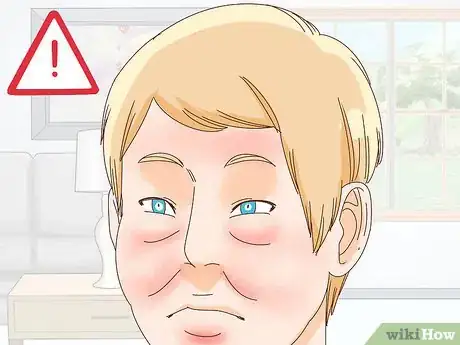
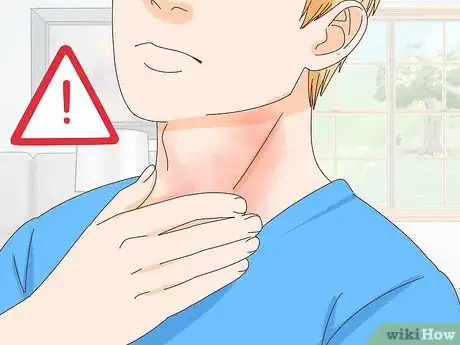

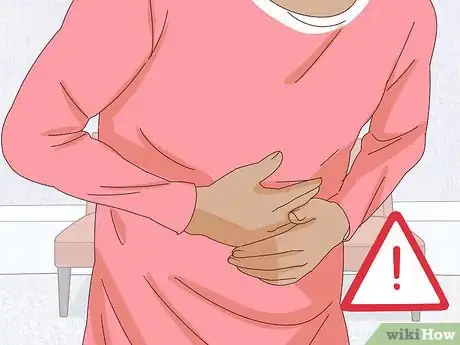

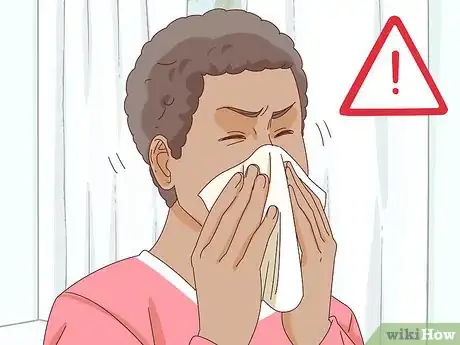


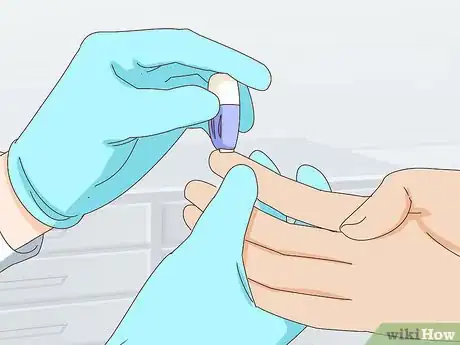
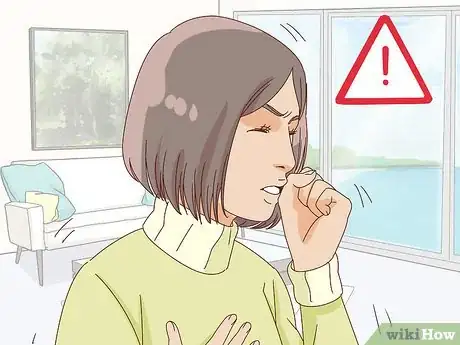
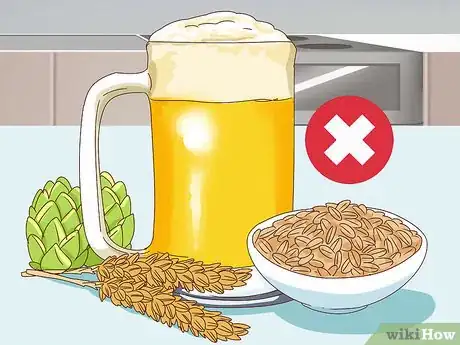
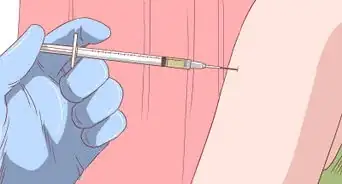
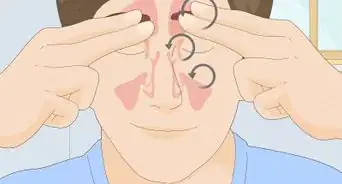

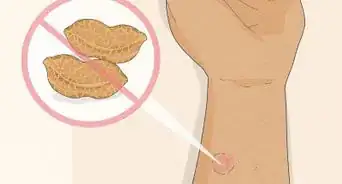


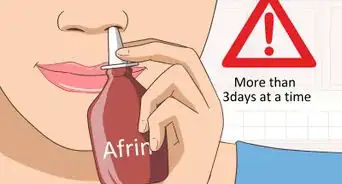
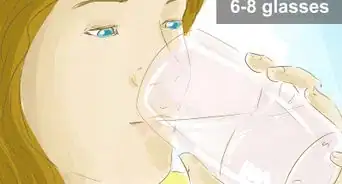
-Step-17-Version-3.webp)















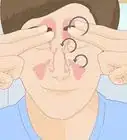

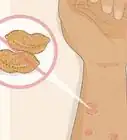



































Medical Disclaimer
The content of this article is not intended to be a substitute for professional medical advice, examination, diagnosis, or treatment. You should always contact your doctor or other qualified healthcare professional before starting, changing, or stopping any kind of health treatment.
Read More...